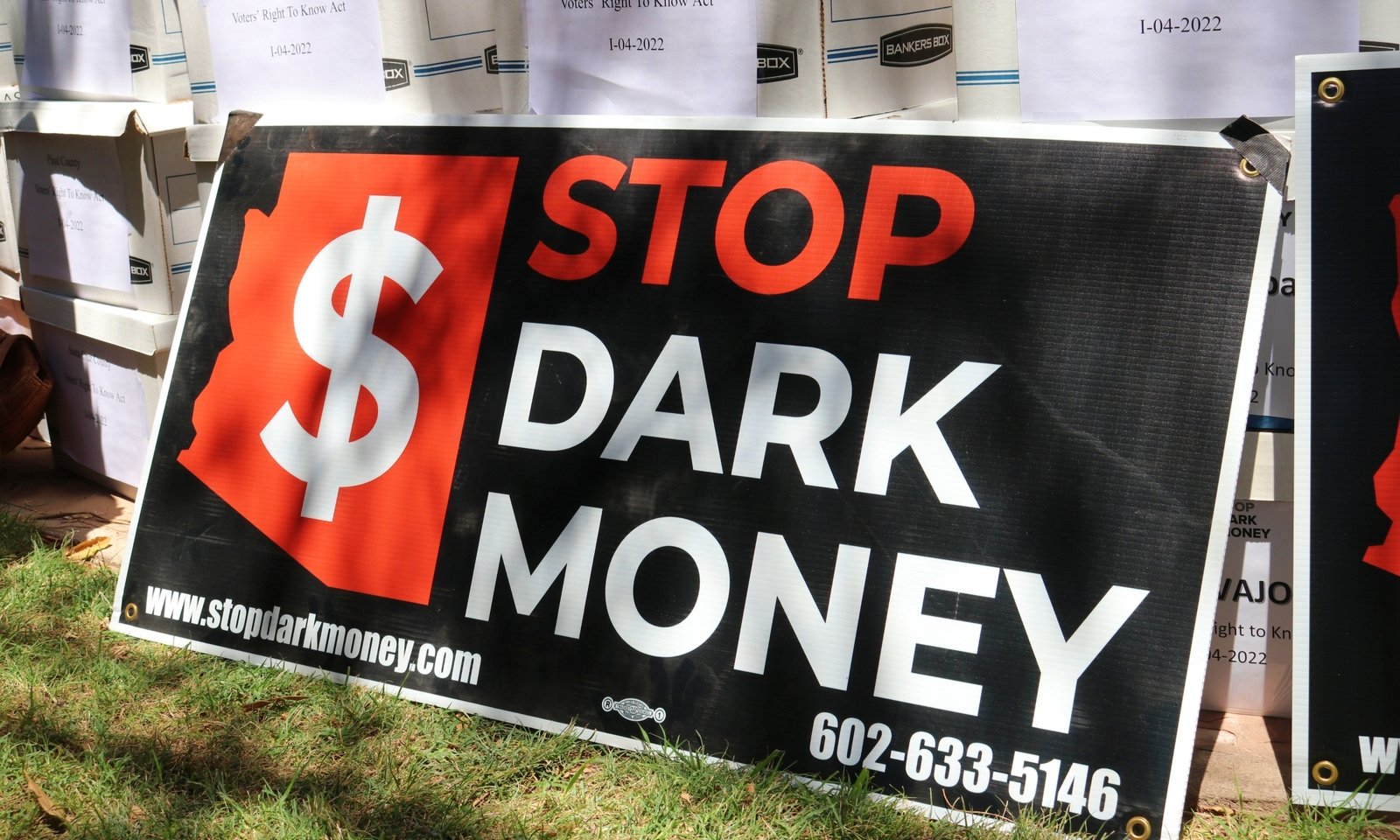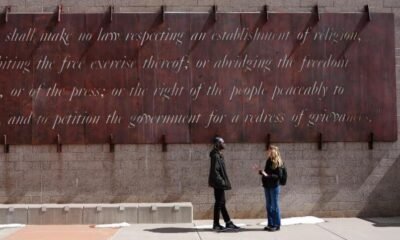2022 election
Arizona Supreme Court to Decide the Future of ‘Dark Money’ Disclosure Law

The Arizona Supreme Court has agreed to review significant aspects of the state’s campaign finance disclosure law, a move that could alter the landscape of political spending transparency. This law, enacted under Proposition 211 and often referred to as the “Voters’ Right to Know Act,” was widely supported by voters during the 2022 election.
The court will evaluate whether Republican leaders in the state legislature can contest rules regarding “dark money” set forth by the Citizens Clean Elections Commission. These rules are designed to ensure that donations exceeding $5,000 are accurately disclosed, effectively targeting the practice of concealing the original sources of political contributions.
House Speaker Ben Toma and Senate President Warren Petersen initiated a legal challenge in 2023, seeking to prevent the law’s enforcement. They argue that the law restricts legislative powers unjustly. However, a trial court dismissed their claims, citing insufficient evidence. In contrast, an appellate court partially sided with them in June, declaring that while parts of the law are unconstitutional, the overall framework remains viable.
Importantly, the appellate court ruled that the legislature does not have the standing to contest the Commission’s rulemaking power over dark money disclosures. They stated that legislative delegation does not hinder the ability to create related laws. This determination underscores a critical point about the intersection of legislative authority and voter initiatives.
Key rules established by the Commission clarify the enforcement of disclosure requirements. Notable provisions include allowing donors to opt out of campaign spending allocations after an initial notification and specifying when certain political activities necessitate disclosure. Additionally, the Commission can issue advisory opinions offering legal protections for compliant entities.
Toma and Petersen’s legal argument rests on the belief that if any component of the law is found unconstitutional, the entire statute should be invalidated, despite its “severability clause.” They assert that lawmakers should possess the authority to challenge the rules set by the Commission.
This case carries significant implications for legislative oversight concerning voter-approved measures. A ruling favoring the legislative leaders could dismantle the dark money disclosure law entirely. Conversely, a more limited decision could bolster the legislature’s oversight while preserving critical disclosure requirements.
Defenders of the law, including the Clean Elections Commission, maintain that its primary intent—to expose the origins of political funding—can still be realized, even if certain legislative checks exist. Proposition 211 garnered 72% approval from voters, reflecting strong public sentiment in favor of transparency in political contributions.
The Arizona Supreme Court has yet to schedule oral arguments for this case, titled Toma v. Fontes.

















